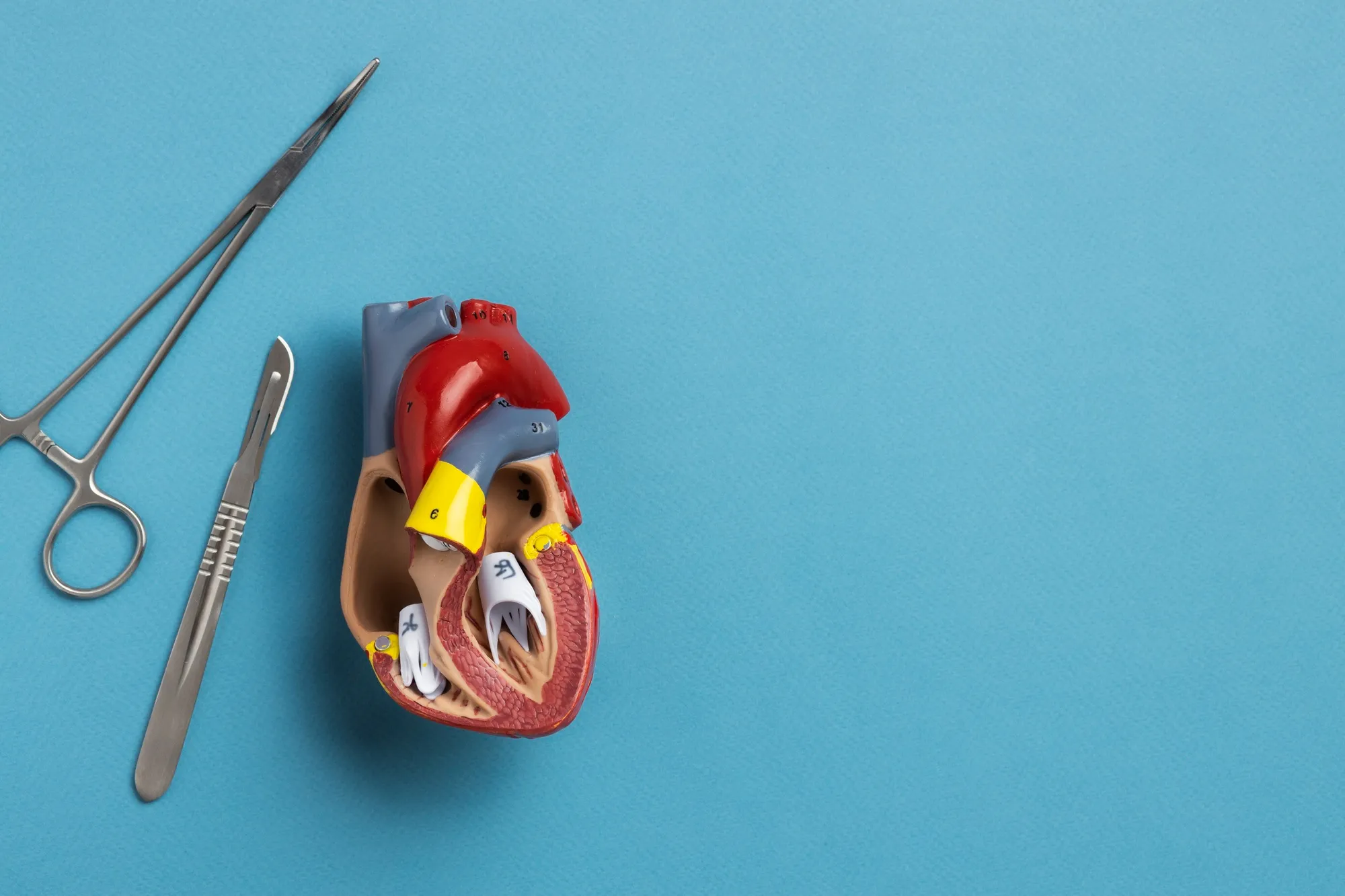A recent study published in BMJ Open provides insights into whether ABO blood type influences the degeneration of porcine bioprosthetic aortic valves, with results that may impact future cardiac surgical practices. The observational cohort study is rooted in the Swedish Web system for Enhancement and Development of Evidence-based care in Heart disease Evaluated According to Recommended Therapies (SWEDEHEART) register and offers reassurance to both clinicians and patients.
Introduction
The compatibility of bioprosthetic valves, widely used in aortic valve replacements, with the recipients’ blood type has been a subject of discussion among cardiovascular specialists. A new study emerging from Sweden’s SWEDEHEART registry has shown that recipients’ ABO blood type does not significantly affect the risk of structural valve deterioration (SVD) in those who have undergone surgical replacement with porcine aortic bioprosthetic valves.
Background
Aortic valve replacement is a standard procedure for patients with aortic valve disease. With advancements in surgical methodologies, the use of porcine bioprosthetic valves has become commonplace. One concern, however, is the potential for early degeneration of these valves, which may lead to the need for reoperation. The antigens present in the porcine tissue, particularly those similar to the human ABO blood group system, have raised questions about immune responses leading to SVD.
Study Design
The study titled “ABO blood type and risk of porcine bioprosthetic aortic valve degeneration: SWEDEHEART observational cohort study” was published in the journal BMJ Open (DOI: 10.1136/bmjopen-2019-029109). The study’s primary aim was to analyze the association between ABO blood type and porcine bioprosthetic aortic valve degeneration in adult patients who underwent aortic valve replacement surgery between 1995 and 2012.
Methods
The study pooled data from 3,417 patients who underwent surgical aortic valve replacement with porcine bioprosthetic valves from the SWEDEHEART registry. Information was enriched with data from other national registers. Researchers categorized patients into two blood groups: type A/AB and type B/O. Primary outcomes included the need for aortic valve reoperation, while secondary outcomes looked at incidences of heart failure and all-cause mortality.
Results
The study found no statistically significant difference in the risk of reoperation between the two blood groups, with 3.4% in the group with blood type B/O and 3.6% in the group with blood type A/AB experiencing valve reoperations after 15 years. Similarly, there were no significant differences in the relative risks of heart failure or death between the groups.
Implications
The findings of the study indicate that it may be safe to use porcine bioprosthetic valves without considering the ABO blood type compatibility of the recipient. This conclusion can simplify the decision-making process in surgeries and may expand the available options for patients requiring aortic valve replacements.
Discussion
The study provided valuable insights into the long-term performance of porcine bioprosthetic aortic valves and their interaction with the human immune system. There has been concern that the presence of blood type A antigens in porcine valves could induce an immune reaction in patients with non-type A blood, potentially accelerating valve deterioration. The SWEDEHEART study’s results suggest this may not be a significant factor, and other determinants of SVD should be the focus of clinical follow-up and research efforts.
Limitations
While the study’s large sample size and long follow-up period bolster confidence in the findings, it is inherently limited by its observational design, which cannot establish causality. There remains a need for randomized controlled trials to confirm these findings under more strictly controlled conditions.
Conclusion
The SWEDEHEART study provides reassurance that ABO blood type may not need to be a primary consideration when selecting porcine bioprosthetic aortic valves for patients in need of valve replacement surgery. As the medical community continues to advance treatment techniques for valvular heart diseases, this study enriches our understanding and helps refine surgical best practices.
Keywords
1. Aortic valve replacement
2. Bioprosthetic valve degeneration
3. ABO blood type
4. Porcine bioprosthetic aortic valves
5. SWEDEHEART study
References
1. Persson, M. M., Edgren, G., Dahlén, M., Glaser, N., Olsson, M. L., Franco-Cereceda, A., Holzmann, M. J., & Sartipy, U. (2020). ABO blood type and risk of porcine bioprosthetic aortic valve degeneration: SWEDEHEART observational cohort study. BMJ open, 9(5), e029109. DOI: 10.1136/bmjopen-2019-029109
2. Naso, F., Gandaglia, A., Bottio, T., Tarzia, V., Nottle, M. B., d’Apice, A. J., Cowan, P. J., Cozzi, E., & Iop, L. (2013). First quantification of α-Gal epitope in current glutaraldehyde-fixed heart valve bioprostheses. Xenotransplantation, 20(4), 252-261. DOI: 10.1111/xen.12044
3. Mangold, A., Szerafin, T., Hoetzenecker, K., Hacker, S., Lichtenauer, M., Niederpold, T., Nickl, S., Dworschak, M., & Ankersmit, H. J. (2009). Alpha-Gal specific IgG immune response after implantation of bioprostheses. Thoracic and Cardiovascular Surgeon, 57(3), 191-195. DOI: 10.1055/s-0029-1185395
4. Rodriguez-Gabella, T., Voisine, P., Puri, R., Pibarot, P., & Rodés-Cabau, J. (2017). Aortic bioprosthetic valve durability: Incidence, mechanisms, predictors, and management of surgical and transcatheter valve degeneration. Journal of the American College of Cardiology, 70(8), 1013-1028. DOI: 10.1016/j.jacc.2017.07.715
5. Yamamoto, F., & Yamamoto, M. (2001). Molecular genetic basis of porcine histo-blood group AO system. Blood, 97(10), 3308-3310. DOI: 10.1182/blood.V97.10.3308
